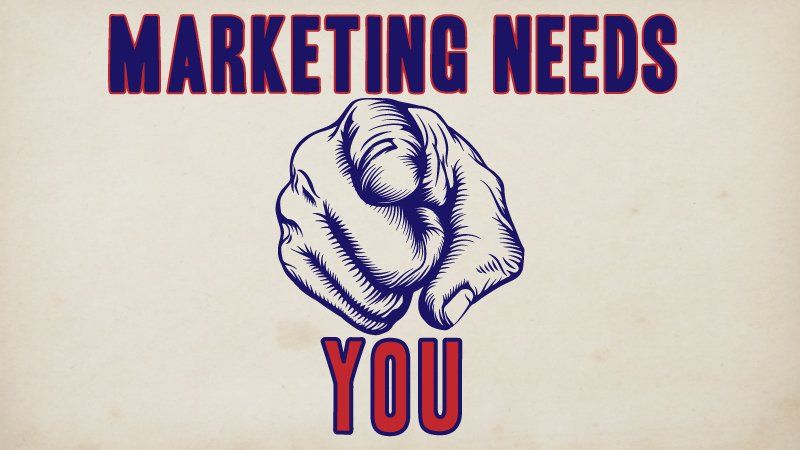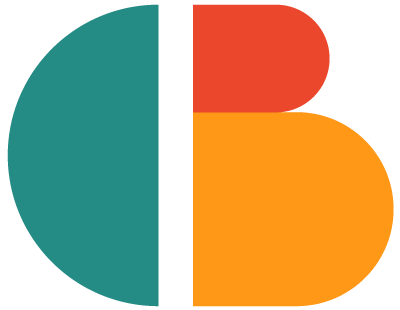You Don’t Need Marketing, Marketing Needs You

This week I saw a post on social media, from someone running a women’s clothing line, in a very particular niche.
The post was a request for ‘marketers’. No further detail was given, other than the brand ‘needs to be marketed correctly’.
I see these sorts of requests all the time. There’s nothing wrong with them per se, but ‘marketing’ is a very broad art.
There’s brand marketing, direct marketing, affiliate marketing, SEO, blogs, vlogs, TED Talks.
Pretty much any form of communication where someone tries to connect an idea is marketing. This blog is marketing.
But knowing which kind of marketing you’re doing, and which kind you need, can often be the difference between success and pain.
I can make some assumptions regarding the aforementioned post. I’m guessing when someone posts that they ‘need marketing’, what they might be after is a solution to a problem.
The problem might be not enough sales. Not enough social media followers. Not enough inbound queries.
So we try to fix the problem with marketing. As we typically understand it.
Which means banner ads, SEO, flyers, social media posts, press ads, billboards. And to be fair, these methodologies all have their place.
But when we’re in the dark about the marketing we need to be doing, these activities don’t work.
Because employed alone, these methodologies are just tactics. At best, they might help the symptoms of a brand’s ailment (such as low sales), but not the deeper malign.
Eventually, the problem will return.
This is because the problem isn’t low sales. It’s a brand not connecting with it’s audience.
The problem isn’t too few social media followers, it’s content that doesn’t offer real value.
Empty Vessels Make The Most Noise
In the case of the aforementioned post, the clothing line actually has a rock-solid proposition, and a viable niche. For most businesses, this is half the battle.
But like so many businesses, in a crowded market it’s always going to be challenging to stand out.
Marketing as it’s typically understood – tactics – is no longer all that effective in cutting though the noise.
Of course, there’s always the option of throwing money at the problem. You could say, book a dozen billboards in extremely populous areas.
Maybe this will earn you some more sales. But it’s notoriously difficult to quantify this kind of marketing (brand marketing). Also, it doesn’t work in isolation.
After a couple of weeks, very few people will remember what they had for lunch that day, much less your billboard.
For businesses who want more sales, direct marketing is a slightly better proposition. Facebook ads are an example of direct marketing.
Here, we can at least track our outreach. We can measure in clicks and impressions. We can experiment with demographics and tailor content.
But even with the staggering reach of social platforms, we still have the job of cutting through the noise.
Connect The Dots
So I’m just going to put this out there. Unless you’re a global superstar, or you have infinite spend behind you, you’re probably not going to cut through.
This idea of marketing – ads and tactics – just isn’t enough any more. Believe me, I know.
Today, the most viable, effective and transformative marketing, is to connect.
Connect with a community. Connect with a culture. Connect with a cause.
Find your people, go to where they are, try to understand and solve their problems. Inspire them, listen to their stories, see if you can be a part of them. Aim to build yourself as an authority in your given area.
But at all times, try to give value. The days of slapping ‘buy now’ on a product shot are over. Instead, we need to give so much, that our audience will seek us out.
“A brand is a voice and a product is a souvenir.” – Lisa Gansky
Here’s are some more ways we can connect with the people we want to serve:
- Write a blog
- Produce a vlog
- Contribute to articles
- Write a book
- Host events (meet-ups or classes)
- Do talks (think TED Talks)
Do you need help building a tribe around your brand? Get in touch (which of course is another example of marketing).
– GB
